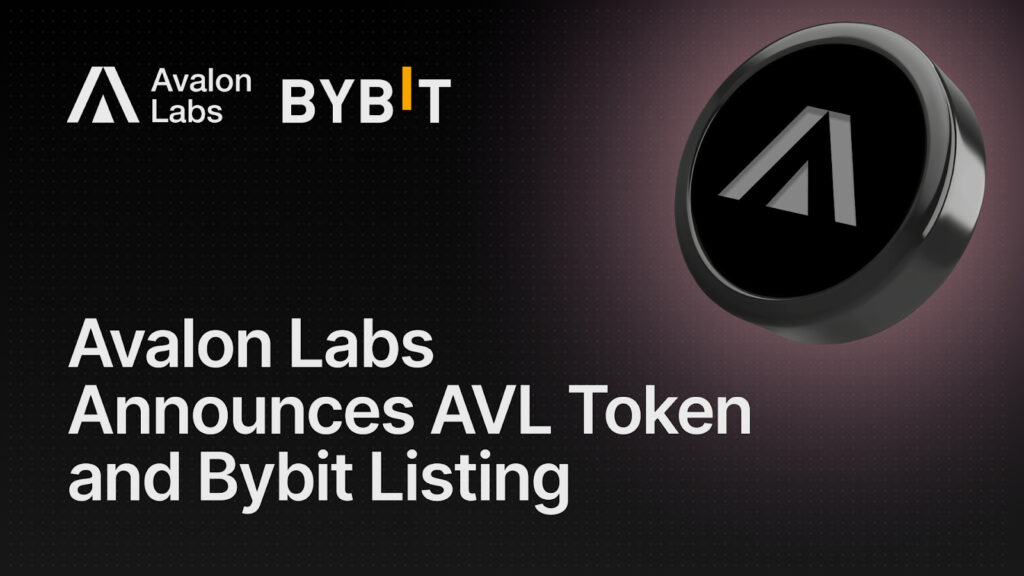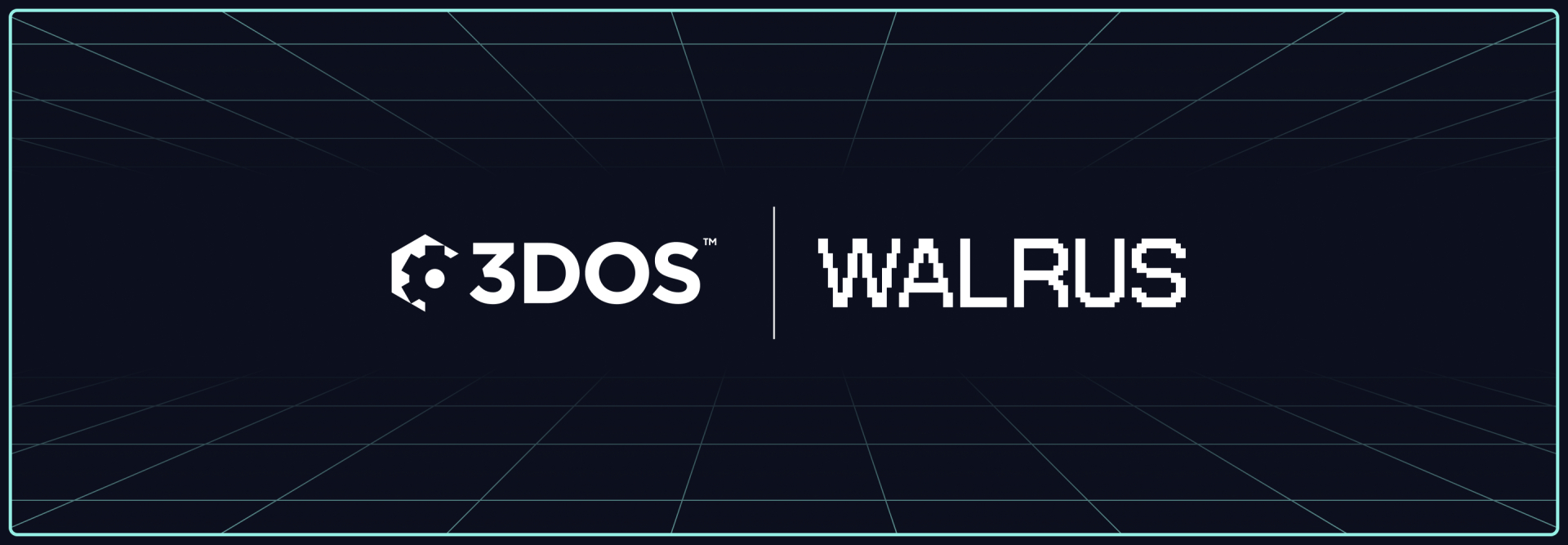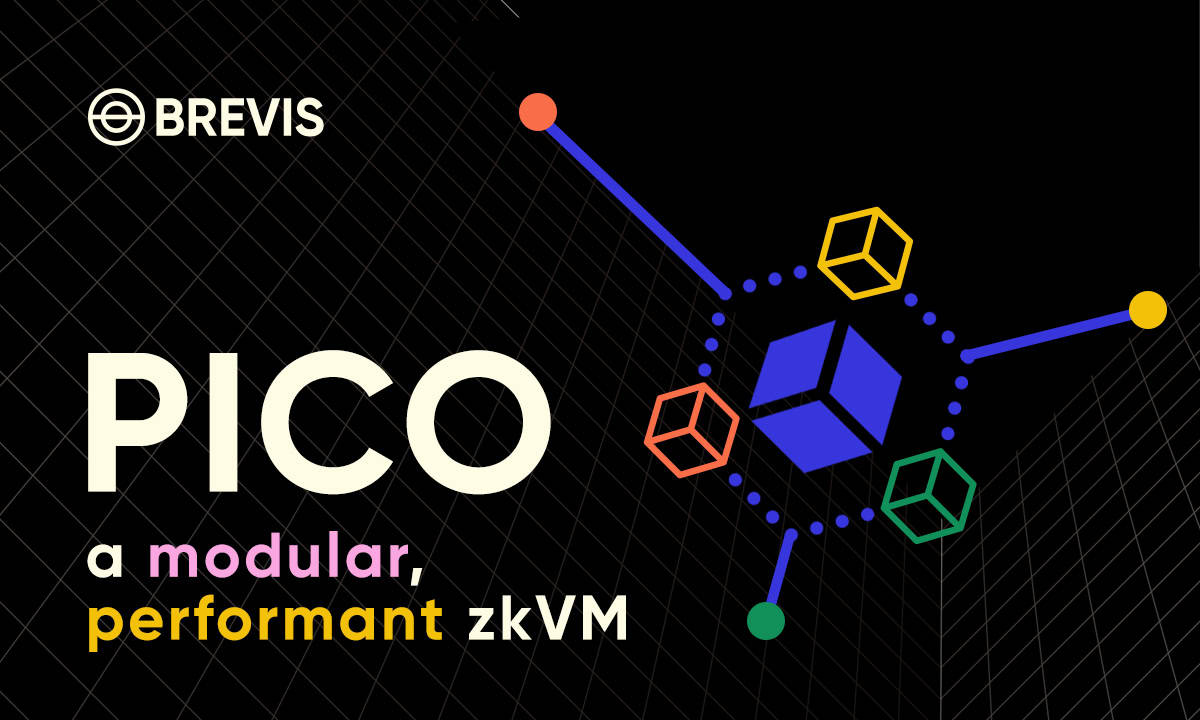[PRESS RELEASE – Singapore, Singapore, February 11th, 2025]
Brevis has introduced Pico v1.0, a zero-knowledge virtual machine (zkVM) designed for modular and flexible verifiable computing. Pico is the first zkVM that allows developers to customize prime fields, proving systems, proving workflows, app-level coprocessor integrations, and access to historical on-chain data, giving applications full control over how zero-knowledge proofs are generated and optimized.
Unlike traditional zkVM’s one-size-fits-all approach, Pico constructs zkVMs modularly, a customizable design that achieves the world’s fastest performance on CPU performing 84% to 155% faster than the next best solution, with GPU acceleration to be rolled out in future updates to Pico. This gives on-chain protocols and dApps a zkVM that allows for optimized efficiency, expressiveness, and trustlessness.
Pico’s modular “glue-and-coprocessor” architecture combines a general-purpose zkVM with high-performance specialized circuits, enabling flexible proving fields, systems, and workflows. Unlike traditional zkVMs reliant on low-level precompiles, Pico offers app-specific circuits tailored to diverse application needs. Developers can integrate custom circuits as coprocessors or precompiles, using built-in options or custom implementations. This design boosts performance 35X for historical blockchain data processing, significantly reducing proof generation time.
With Pico, developers create domain-specific proving structures that align proofs with specialized languages or custom proof systems. For the first time, a zkVM supports customizable proving systems and prime fields without code modifications. This flexibility enhances zero-knowledge cryptography, optimizing speed, proof size, and efficiency.
“Pico represents a shift in how zkVMs are designed and deployed,” said Michael Dong, Co-founder of Brevis. “Bringing a modular, app-aware zkVM with built-in zkCoprocessors, we’re optimizing performance and creating a never before seen level of customization in verifiable computation for Web3.”
Pico also institutes ProverChain, a customizable proving workflow. This customizable sequence generates a proof to verify a statement’s validity, allowing developers to fine-tune proof generation for speed, memory, or size, adjust proving steps to optimize cost and scalability, and bypass unnecessary proof compression in the scenario of off-chain verification.
Pico supports RISC-V, an open-source instruction set architecture with a modular design, and Rust, a systems programming language emphasizing safety and performance, enabling developers to build zk applications using familiar development setups. Web3 protocols and dApps have already launched Brevis-powered features on mainnet, including Kwenta, Usual, Algebra Labs, JoJo Exchange, and Trusta, with many others, such as PancakeSwap, Celer, Frax, Gamma, Quickswap, Mask Network, Kernel, Thena, Kim Protocol, 0G, Bedrock, Mellow Finance, ZettaBlock, Hemera, and Mendi Finance, building Brevis-powered next-generation products and features.
About Brevis
Brevis is an efficient, verifiable off-chain computation engine that brings limitless computation capacity to existing smart contract blockchains. Utilizing zero-knowledge proofs, Brevis offloads data-intensive, costly computations from on-chain environments to a drastically lower-cost off-chain engine, and empowers Web3 applications to scale seamlessly while preserving the security of L1 trust assumptions.
Website | Blog | Telegram | Twitter | Github | Discord
The post Brevis Unveils Pico: The Next Generation of zkVMs appeared first on CryptoPotato.
CryptoPotato – Read More










